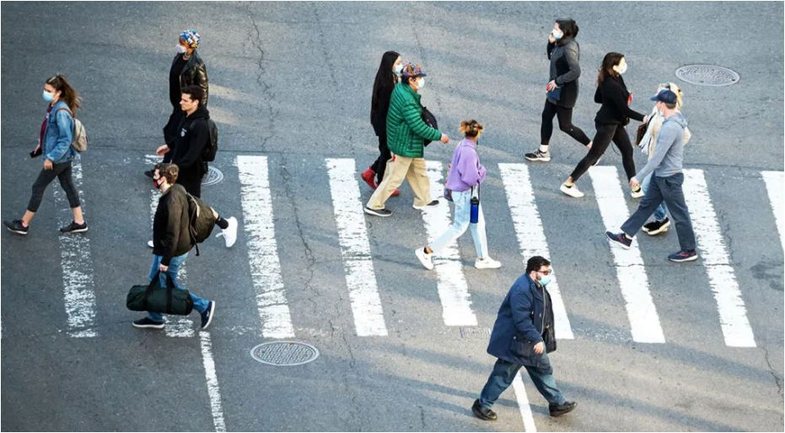
Natural immunity after Covid infection decreases over time. Health experts are conducting research to better understand how long immunity lasts and what unvaccinated people should expect.
A Danish study suggested that people under 65 had about 80% protection for at least six months, while those over 65 had only 47% protection. The Delta variant seems to have aggravated the situation.
"Of course, among the health care workers we studied, there are many people who had moderately good levels of antibodies who, in some cases, were previously infected and vaccinated with a double dose," said Danny Altmann, professor of immunology. at Imperial College London.
The risk of reinfection seems to have been higher since May 2021 when Delta became the predominant variant. Other data from the US, where various states have now begun tracking and reporting on reinfection rates, underscore the idea that there is a much higher risk of Delta reinfection.
An analysis of data in the UK has suggested that unvaccinated individuals should expect to become infected with Covid-19 every 16 months, on average. A study published in The Lancet Microbe, suggested that reinfections will become increasingly common as immunity is weakened, especially when the number of infections is high.
The US Centers for Disease Control and Prevention (CDC) defines reinfection as a laboratory-confirmed case of Covid-19 that occurs 90 days or more after a previously confirmed laboratory case.
- Prime Minister Rama talks about unvaccinated students and what will happen to them
- Why vaccinated people who die from Covid-19 does not mean that 'vaccines are not effective'
- New Zealand's weird but also wonderful strategies for the vaccination campaign
- Why is it so important to prioritize sleep after getting the Covid-19 vaccine!
- Elongated covid has an official clinical definition from the WHO
- Should I be isolated if you have symptoms of Covid but the PCR is negative?
Sources: Guardian, The Lancet Microbe, CDC





